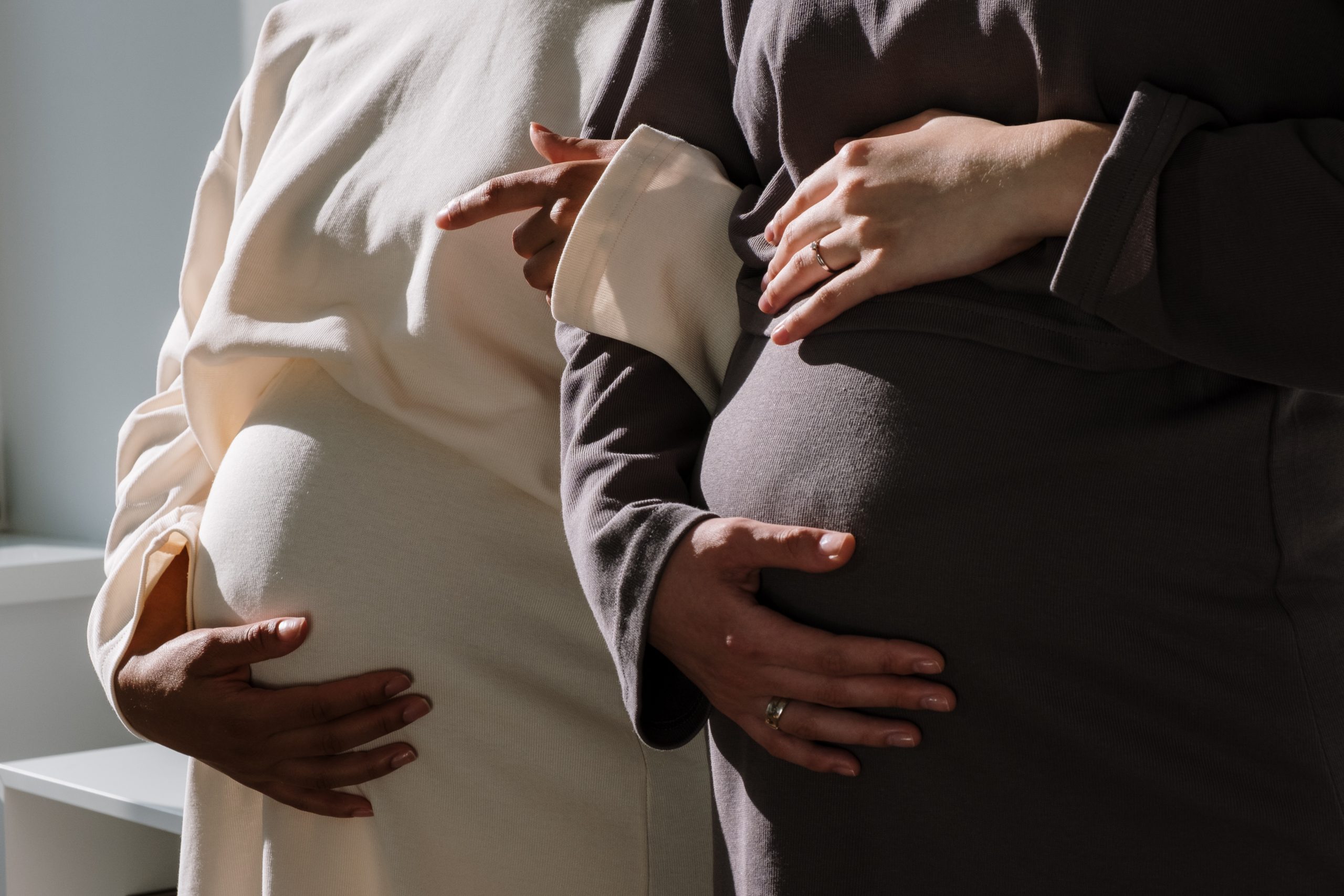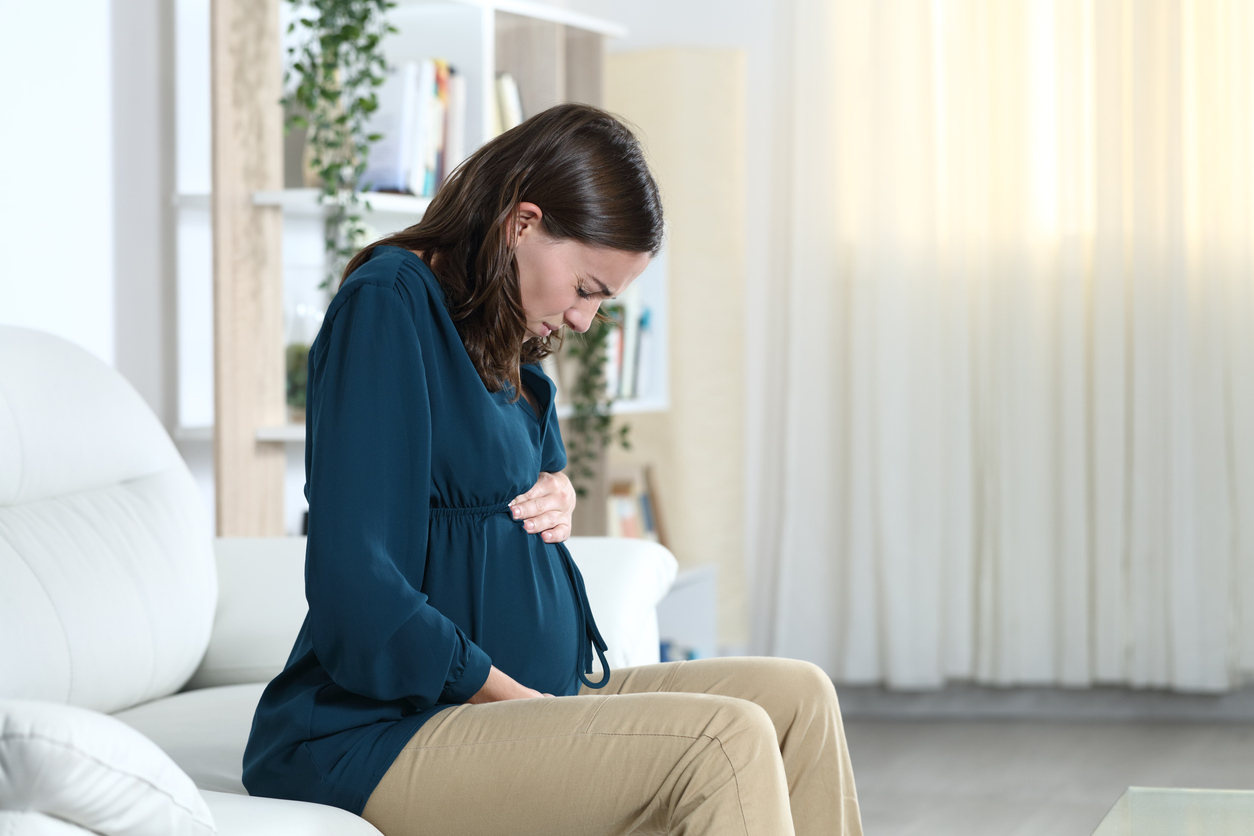Pregnancy is a wonderful time and along comes nausea to overwhelm you. And right on schedule, comes the throbbing pain in the head that may not be harmful, but quite irksome. Several types of headaches could begin at any trimester or phase of the pregnancy. Each case scenario of a headache would differ from the other. Still, there is a slight possibility that it could trigger other health concerns during pregnancy.
What does a pregnancy headache feel like?
It is just as normal as a regular headache. The only difference? You cannot pop an over-the-counter medicine to treat it. The medications are prescribed and the treatments are different during pregnancy. The headaches might feel like frequent, pulsating one that erupts every time your schedule gets hampered.
What are the different types of headaches?
While they seem normal, they should concern you. Each headache is an indication of a health concern or condition that is affecting your health. Therefore, it is important to know the difference between headaches, so that you know how to work through them.
- Tension Headaches
The most common type of headache among pregnant woman, tension headaches begin in the first trimester. There is a constant, mild pressure felt on both sides of the head (almost like a squeeze). Tension headaches often happen due to stress (physical or otherwise). The pain extends to the shoulders and neck. - Migraines
Migraines are known to be severe; in most cases. The painful, throbbing pain typically feels on one side of the head. Pregnancy aggravates migraines through light sensitivity, vomiting, and nausea. Most pregnant women start experiencing migraines in the first trimester. While the condition does get better as each trimester passes, it should not be ignored. Migraines during pregnancy, in most cases, happen due to hormonal changes and get better as estrogen stabilizes. - Sinus Headaches
A Sinus headache is mostly felt around the eyes, cheekbones, and forehead. It is common to confuse sinusitis with migraines. Migraines are frequent, throbbing headaches that do not affect your respiratory health. Sinus headaches, on the other hand, can occur due to a cold and congestion or could trigger nasal infections. The pain worsens with certain postures, therefore, it is important to consult your doctor immediately. - Cluster Headaches
Among the most uncommon headaches during pregnancy are cluster headaches. Therefore, the intensities and frequencies can vary. There is sudden pain felt near the temples or one eye. Women with a stuffy nose or runny eyes can experience it. Like its namesake, the headaches are felt in multiple areas. Still, cluster headaches are a rare case during pregnancies. - Chronic Headaches
These headaches remain frequent most of the time— extending up to three weeks every month. Any of the above headaches that last that long can be a chronic case. This should be an immediate concern.
What could cause headaches during pregnancy?
- Sleep deprivation
Sleep, under any circumstance, should remain a priority. A headache, in this case, is an outcome of a disturbed sleep schedule or pattern. A pregnant woman should get quality sleep of 8 to 9 hours. A well-rested body will keep headaches at bay. - Caffeine Withdrawal
Pregnant women are advised to quit alcohol and smoking. They are also advised to cut back on caffeine. It is challenging for anyone who has been banking on an Americano to kickstart their day. Headaches, in this case, are among the withdrawal symptoms. - Low Blood Sugar
If hypoglycemia was not a health concern before pregnancy, it is a rare phenomenon during pregnancy. Still, a headache could be an indication of low blood sugar. Although, this does not put the fetus’s health at risk; it should be monitored for potential health risks. - Dehydration
Hydration is crucial during pregnancy as it maintains the amniotic fluid levels. It could also aid in breast milk production. Dehydration could interfere with nutrition levels in the developing baby and the mother. Mild headaches throughout the day could be a signal of dehydration. - Stress
Fluctuation in hormone levels, pregnancy discomforts, morning sickness, mood swings, and tiredness could lead to stress. Apart from these factors, one is constantly tense about labor and other maternity duties. These conditions along with some negative life events could trigger stress, resulting in headaches. - Posture
While in most cases, posture could never be speculated for headaches; science backs this theory. As the baby develops and the belly grows, the extra weight could lead to poor posture. According to American Pregnancy Association, poor posture aggravates headaches.
How can I get rid of my headache while pregnant?
It is important to follow these practices diligently to prevent and reduce headaches during pregnancy:
- Get proper sleep and relaxation. Your body should feel rested.
- That said, you must also keep yourself active, hydrated, and at ease.
- Attend prenatal yoga sessions to prevent stress and poor posture.
- Get neck, shoulder, head, and feet massages regularly.
- Following a well-balanced diet.
Conclusion
Mild headaches during pregnancy are normal. Give your body enough time to adjust to the changes happening internally. This article gives a factual yet general overview of headaches during pregnancy. You must consult your doctor for personalized treatments and advice.






